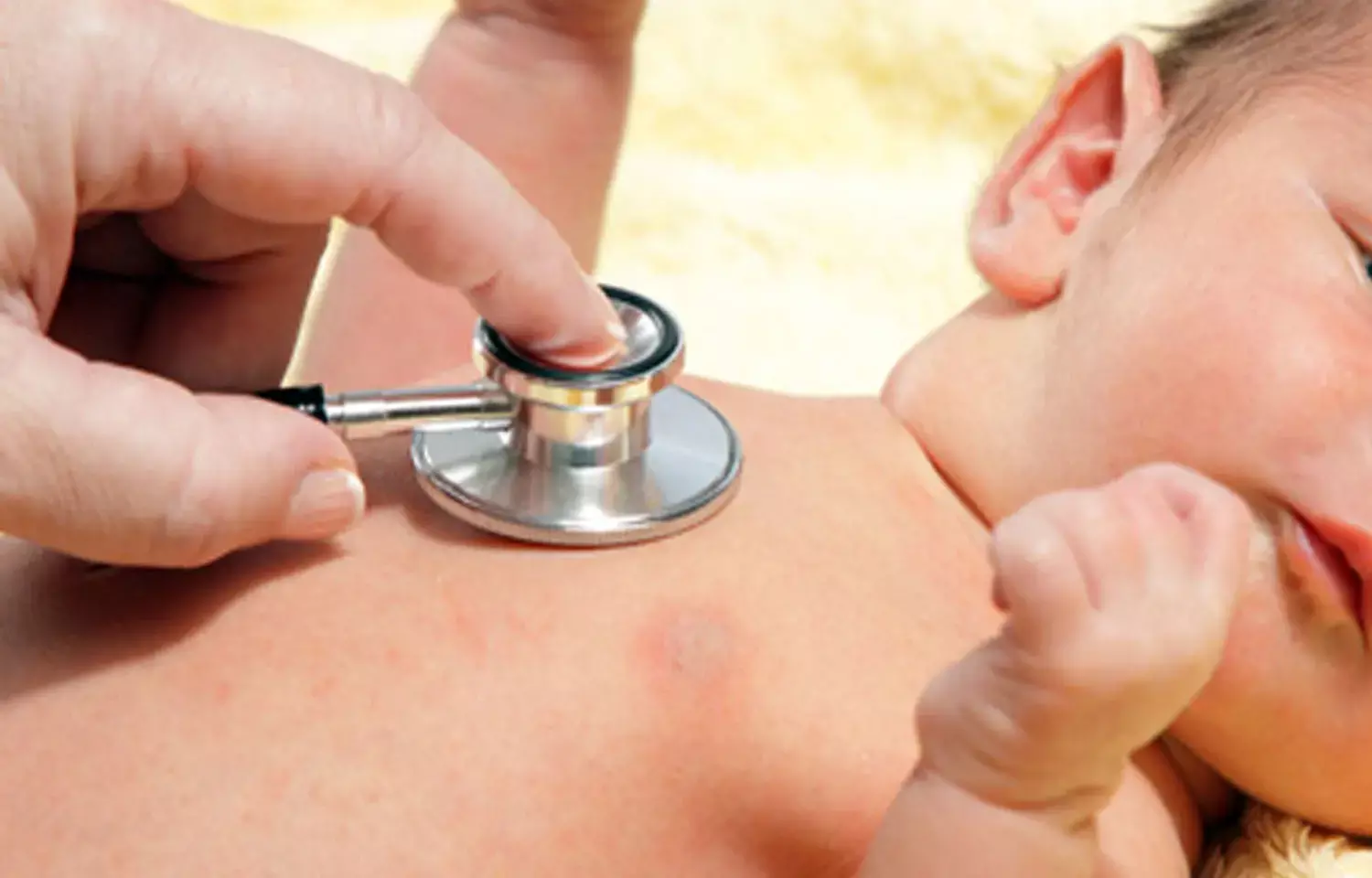- Home
- Medical news & Guidelines
- Anesthesiology
- Cardiology and CTVS
- Critical Care
- Dentistry
- Dermatology
- Diabetes and Endocrinology
- ENT
- Gastroenterology
- Medicine
- Nephrology
- Neurology
- Obstretics-Gynaecology
- Oncology
- Ophthalmology
- Orthopaedics
- Pediatrics-Neonatology
- Psychiatry
- Pulmonology
- Radiology
- Surgery
- Urology
- Laboratory Medicine
- Diet
- Nursing
- Paramedical
- Physiotherapy
- Health news
- Fact Check
- Bone Health Fact Check
- Brain Health Fact Check
- Cancer Related Fact Check
- Child Care Fact Check
- Dental and oral health fact check
- Diabetes and metabolic health fact check
- Diet and Nutrition Fact Check
- Eye and ENT Care Fact Check
- Fitness fact check
- Gut health fact check
- Heart health fact check
- Kidney health fact check
- Medical education fact check
- Men's health fact check
- Respiratory fact check
- Skin and hair care fact check
- Vaccine and Immunization fact check
- Women's health fact check
- AYUSH
- State News
- Andaman and Nicobar Islands
- Andhra Pradesh
- Arunachal Pradesh
- Assam
- Bihar
- Chandigarh
- Chattisgarh
- Dadra and Nagar Haveli
- Daman and Diu
- Delhi
- Goa
- Gujarat
- Haryana
- Himachal Pradesh
- Jammu & Kashmir
- Jharkhand
- Karnataka
- Kerala
- Ladakh
- Lakshadweep
- Madhya Pradesh
- Maharashtra
- Manipur
- Meghalaya
- Mizoram
- Nagaland
- Odisha
- Puducherry
- Punjab
- Rajasthan
- Sikkim
- Tamil Nadu
- Telangana
- Tripura
- Uttar Pradesh
- Uttrakhand
- West Bengal
- Medical Education
- Industry
High levels of hs-cTnT predict myocardial injury in kids with acyanotic CHD: Study

Recent research published in the International Journal of Pediatric Research has found out that Higher levels of highly sensitive cardiac troponin T (hs-cTnT) suggest myocardial injury in children with acyanotic congenital heart disease (ACHD) and may be useful to stratify children for early surgical intervention before irreversible damage occurs.
In acyanotic congenital heart disease, anatomical defects are associated with abnormalities in hemodynamic load and neurohormonal activation. This results in myocardial damage which may not be entirely reversible.
Therefore, Rishika Das and colleagues from the Department of Pediatrics, Maulana Azad Medical College, Associated Lok Nayak Hospital, New Delhi, India conducted the present study to evaluate the occurrence of myocardial injury in acyanotic congenital heart disease (ACHD) using highly sensitive cardiac troponin T (hs-cTnT) as a biomarker.
The authors carried out an observational cross sectional study at a tertiary care center. Stable children with ACHD aged between 6 months to 5 years were selected as cases and age matched children without ACHD as controls.
Echocardiography was done in all the patients with clinical findings of ACHD. A total of 83 children (55 cases and 28 controls) were enrolled. The severity of the ACHD was determined by the defect size and the pressure gradient across the defect on echocardiography.
Levels of hs-cTnT were measured using electrochemiluminesence assay. These levels were co-related with the defect size and the pressure gradient.
The key findings seen were-
a. The mean levels of hs-cTnT were significantly higher among the cases (0.044 ng/ml) than the controls (0.005 ng/ml), (p < 0.001).
b. A positive correlation was noted between the defect size and the levels of hs-cTnT (r = 0.276 and the p value = 0.042) and an inverse relationship of the levels of hs-cTnT was seen with pressure gradient (r = -0.444 and the p value = 0.001).
c. The development of pulmonary HTN was associated with higher levels of hs-cTnT.
Therefore, higher levels of hs-cTnT suggest myocardial injury in children with ACHD and may be useful to stratify children for early surgical intervention before irreversible damage occurs, the authors concluded.
Dr. Nandita Mohan is a practicing pediatric dentist with more than 5 years of clinical work experience. Along with this, she is equally interested in keeping herself up to date about the latest developments in the field of medicine and dentistry which is the driving force for her to be in association with Medical Dialogues. She also has her name attached with many publications; both national and international. She has pursued her BDS from Rajiv Gandhi University of Health Sciences, Bangalore and later went to enter her dream specialty (MDS) in the Department of Pedodontics and Preventive Dentistry from Pt. B.D. Sharma University of Health Sciences. Through all the years of experience, her core interest in learning something new has never stopped. She can be contacted at editorial@medicaldialogues.in. Contact no. 011-43720751
Dr Kamal Kant Kohli-MBBS, DTCD- a chest specialist with more than 30 years of practice and a flair for writing clinical articles, Dr Kamal Kant Kohli joined Medical Dialogues as a Chief Editor of Medical News. Besides writing articles, as an editor, he proofreads and verifies all the medical content published on Medical Dialogues including those coming from journals, studies,medical conferences,guidelines etc. Email: drkohli@medicaldialogues.in. Contact no. 011-43720751


